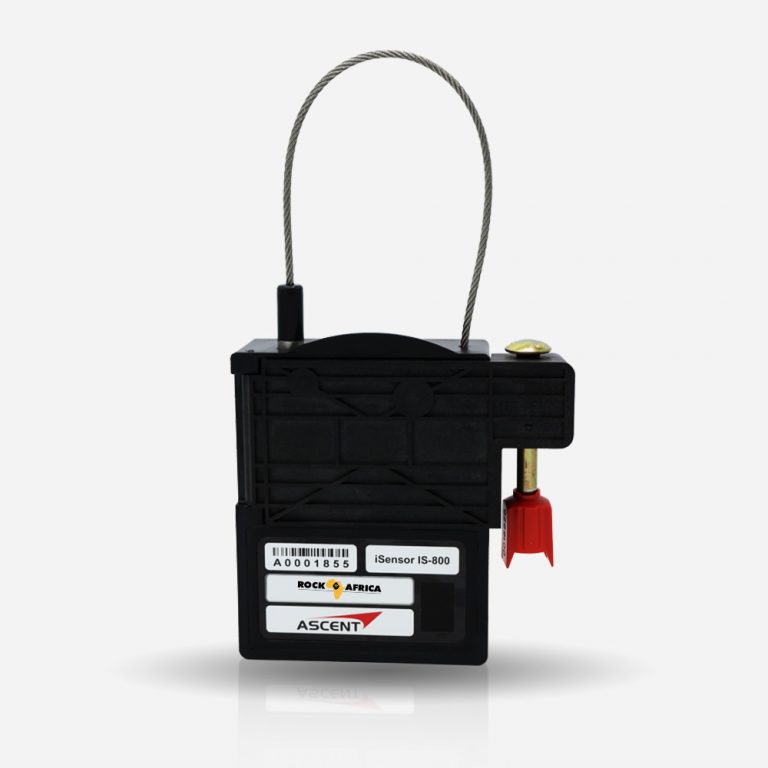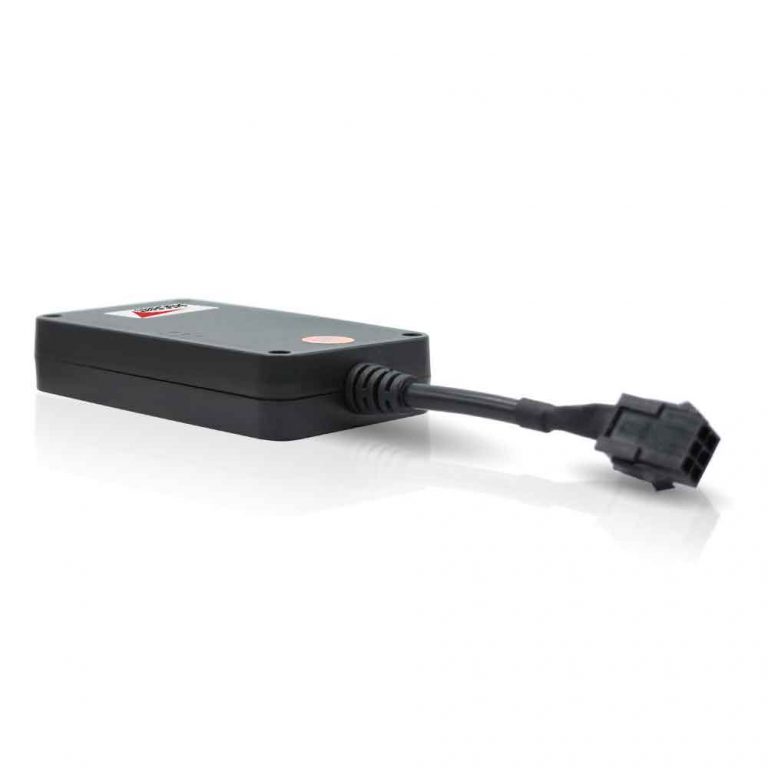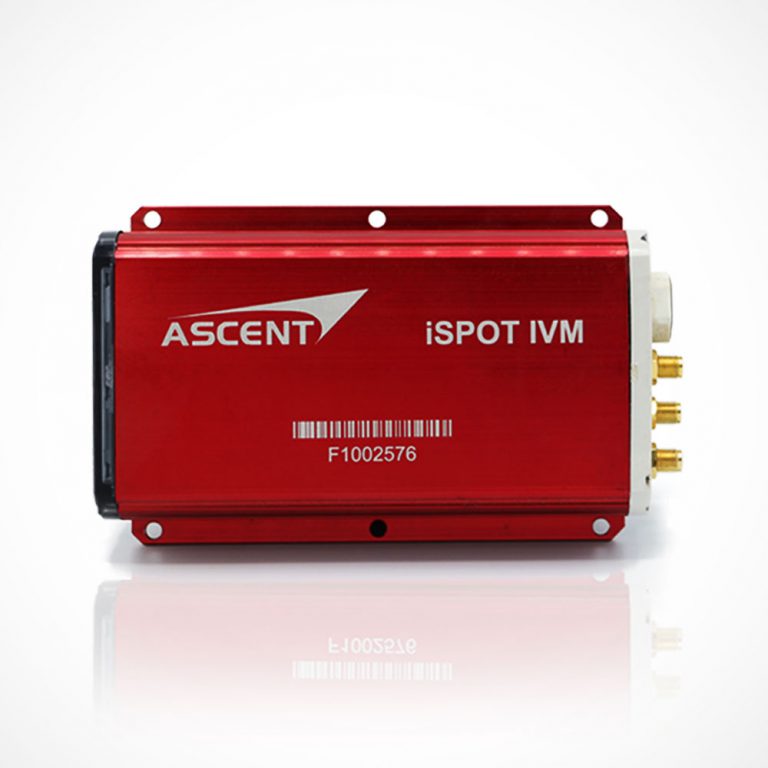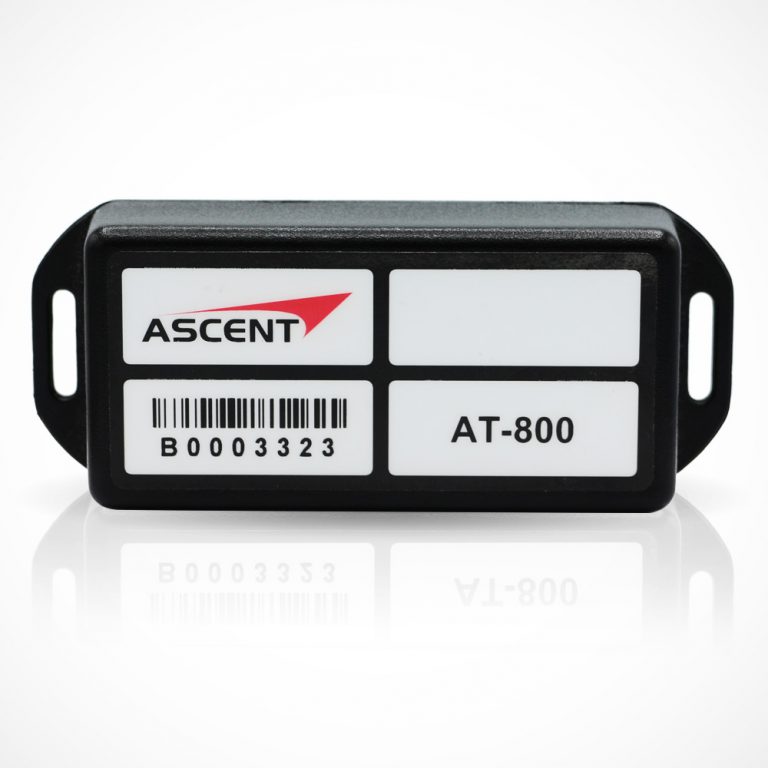iSPOT® for Bonded and Transit Cargo Tracking
With iSPOT®, Rock Africa has provided our global clients with end-to-end solutions that aims to optimise security and streamline operational processes. Read on to find out more about the successful applications of Rock Africa’s iSPOT® solutions in the following cases:
- Cross Country Transit Cargo
- Wet Port to Dry Port
- Special Economic Zones
Cross Country Transit Cargo
There are 15 landlocked countries in Africa that have no access to seaports and they need to rely on Kenya, Tanzania and/or Djibouti Seaports. Cargoes move through these countries and multiple challenges arise. As such, revenue authorities in the region are looking for solutions to address these challenges faced.
Challenges:
- Tax Revenue Leakage: Cargoes declared for transit are susceptible to diversion and import tax evasion through tampering of the bonded cargo while in transit.
- Lack of Compliance: There is a high incidence of bribery of authorities at various checkpoints and weighing bridges which translates to additional logistics costs.
- Efficiency Challenge: Cargo inspections increase lead time for customs clearance and hence, transit goods to Uganda from the port of Kenya or Tanzania take up to 45 days.
Solution:
The iSPOT® suite was used to secure and track cargo from the seaports of Mombasa to the hinterland. Rock Africa provides detailed and useful data such as continuous location of cargo, security, environmental tracking and deviation alerts. Our iSPOT® platform allows customs authorities to have an eye in the sky and have rich information such as cargo security and visibility to optimise their overall operational processes.
Outcomes:
- Prevention of Tax Leakage: iSPOT® provides continuous location, security and environmental tracking of the bonded cargo which prevents the diversion and import tax evasion through tampering of the bonded cargo while in transit
- Compliance: Implementation of Rock Africa’s ECTS, allows authorities to gain visibility and security of cargoes in transit. Cargo owners are alerted if cargo is being tampered or opened without authorization.
- Improved Efficiency: Tracking devices are installed to secure cargo with electronic seals to enjoy fast track access at checkpoints via the ‘Green Lane’.
Wet Port to Dry Port
In Indonesia, cargoes are transported from inland manufacturing centers to the bustling Port of Cikarang and vice versa. International shipping lines will connect Cikarang Port with other ports. In the midst of all this, challenges arise and hence, Indonesia customs looked for solutions to address the problems faced.
Challenges:
- Congestion Efficiency Issue: Serious traffic congestion from Tanjung Priok to Cikarang dry port can cause significant delays and incur time and inefficiency costs
- Compliance issue: Authorities had used escorts to monitor each trip from wet to dry ports and this ran the risks of human errors and potential cases of briberies.
Solution:
The iSPOT® suite was used to secure and track shipments from Tanjung Priok port to Cikarang dry port. Rock Africa provides detailed and useful data such as continuous location of shipments, security, environmental tracking and deviation alerts. Our iSPOT® platform allows customs authorities to ensure that cargoes are bonded. As such, they can carry out Customs Inspection Quarantine (CIQ) at the Cikarang dry port which prevents congestion at Tanjung Priok port.
Outcome:
- Smooth and Efficient Transit: With Rock Africa’s ECTS iSPOT® solution, it leverages on GPS location and automatically communicates identification, location and security status of cargoes to authorities. Shipments free of security issues can experience faster and smoother clearance at customs.
- Compliance: Implementation of Rock Africa’s ECTS allows authorities to gain near real-time visibility, security and integrity of global container shipments, whether by ocean vessel, truck, rail or air which meant that escorts are no longer needed.
Special Economic Zones
Hundreds of trucks of cargo move between the Bang Pa-in and Nava Nakorn Free Zones daily as part of the manufacturing operations of their tenants. All trucks would need to be examined by Customs officers prior to leaving the zone and upon entering another free zone which leads to tremendous amounts of manual record-keeping, import and export declarations.
Challenges:
- Paper-Driven Inefficiency: Manual, paper-based system for inspecting shipments. Due to the manual record-keeping, there were a lot of human errors.
- Time Consuming Administrative Works: Time spent on import and export declarations could have been used for other productive uses.
Solution:
With Rock Africa’s ECTS container security and verification system, it has reduced the number of steps tenants take to record shipments through the two customs checkpoints. Containers tracked by Rock Africa ECTS have access to ‘Green lane’ between the 2 trade zones. Tenants enjoy expedited clearance of the containers as long as they are not flagged by the customs.
Outcome:
- Improved Productivity: Rock Africa has digitalised processes and made it a paperless system which helps to save time, labour costs reduces human errors.
Overall, the implementation of ECTS via Rock Africa’s iSPOT® solutions have proven to increase the ease and decrease the cost of doing businesses.




